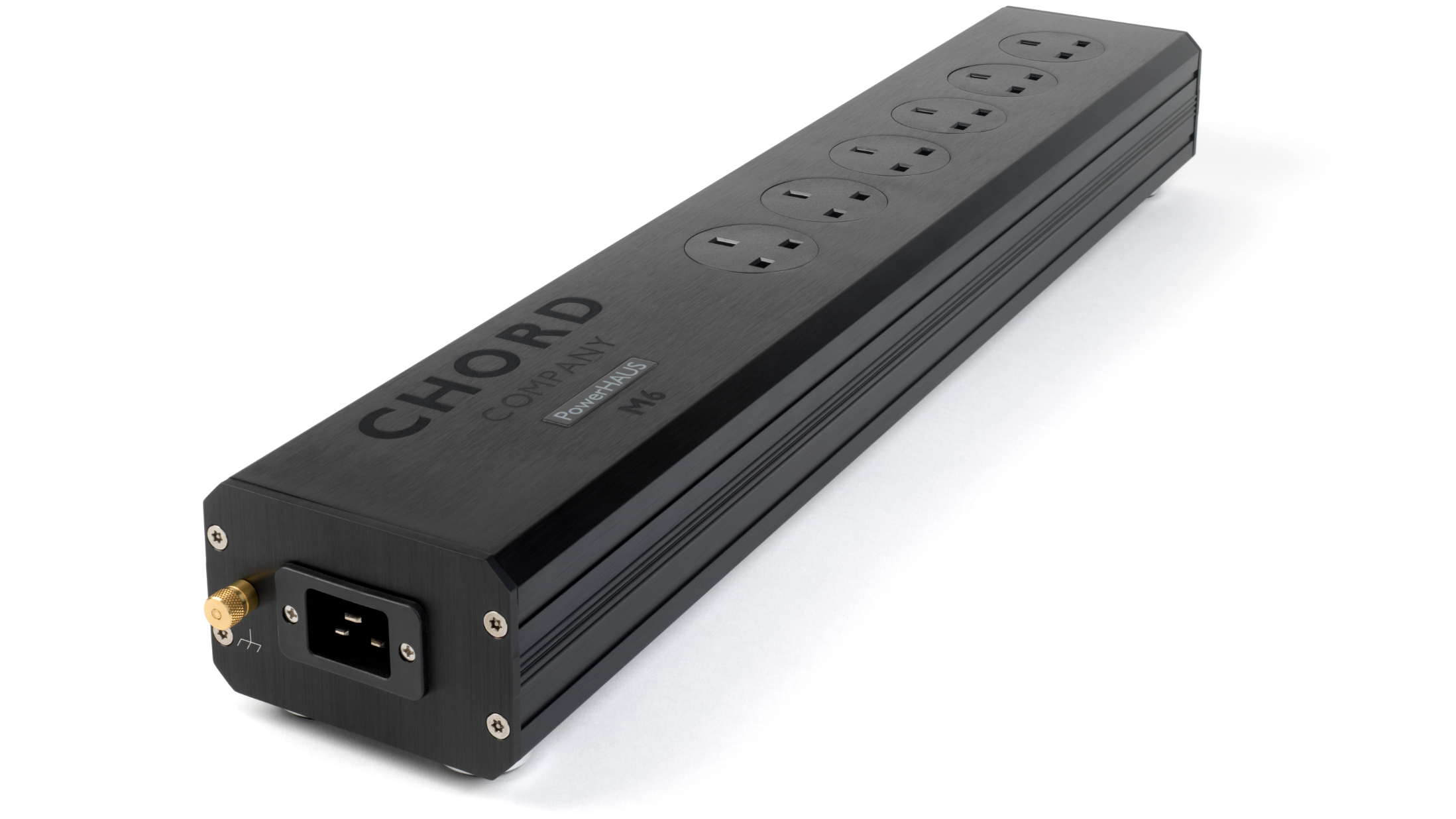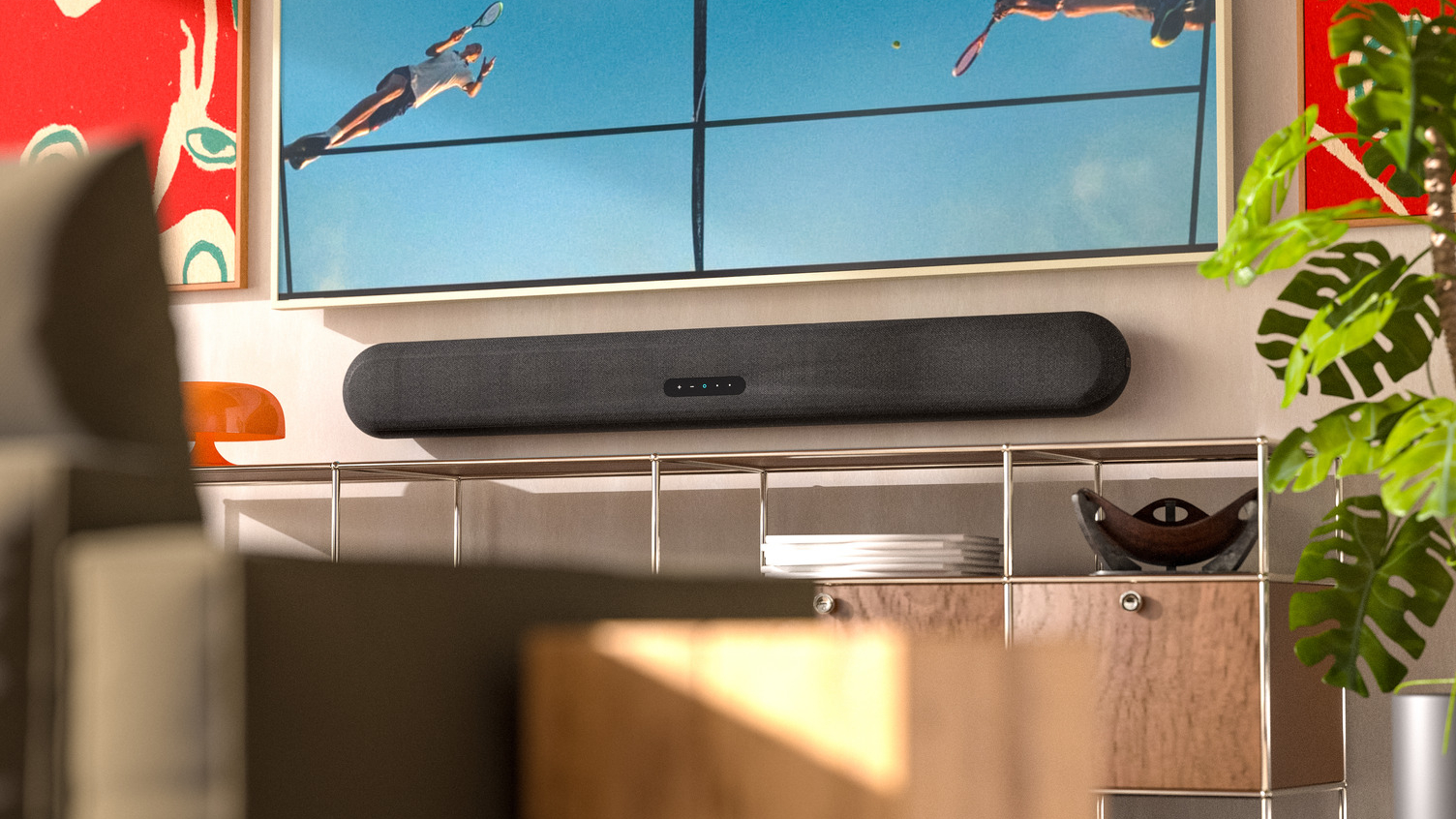Chord Company's new power blocks could be the hi-fi upgrade you’ve been waiting for
They were the mains attraction at a recent press event

If you’re familiar with Chord Company, you’ll know speaker cables and audio cables are its bread and butter. But now it has branched out into new territory, specifically power blocks. The aim? To improve the power supply to and the performance of your home hi-fi system.
Chord Company has introduced two new models available in both UK and European specifications, the snappily titled PowerHAUS S6 and its step-up sibling, the PowerHAUS M6.
HAUS stands for Hybrid Array Unfiltered Supply - these six-way blocks employ different levels of technology to try and eliminate any noise that might ruin your listening experience.
Both blocks use aluminium casings and inside you’ll find three isolated bus bars positioned in parallel in order to try and reduce the effects of high-frequency noise. Wiring is also heavily shielded to reduce the possibility of interference and all the internal cables and sockets have been chosen for both reliability and sound performance.
The S6 uses Chord’s SuperARAY conductor technology, but stepping up to the M6 introduces three of its hybrid MainsARAYs in parallel, plus Chord Company’s noise-reducing GroundARAY technology.
We were lucky enough to be invited down to Chord’s HQ in Amesbury, England to get first-hand experience of both of the new power blocks. Our listening session included switching between the two blocks while listening through Chord’s own reference system.
And, in our opinion, you could definitely hear differences in a number of areas including clarity, resolution and stereo imaging. Of course not every hi-fi system will warrant a £1000 (about AU$1900) or £2000 (about AU$3800) for the PowerHAUS S6 and M6 power block respectively, but if it does, then there's no harm in trying one out, right?
The latest hi-fi, home cinema and tech news, reviews, buying advice and deals, direct to your inbox.
MORE:
10 affordable ways to upgrade your hi-fi system right now
Our pick of the best speakers cables 2022
And the best audio cables 2022
Andy is Deputy Editor of What Hi-Fi? and a consumer electronics journalist with nearly 20 years of experience writing news, reviews and features. Over the years he's also contributed to a number of other outlets, including The Sunday Times, the BBC, Stuff, and BA High Life Magazine. Premium wireless earbuds are his passion but he's also keen on car tech and in-car audio systems and can often be found cruising the countryside testing the latest set-ups. In his spare time Andy is a keen golfer and gamer.

